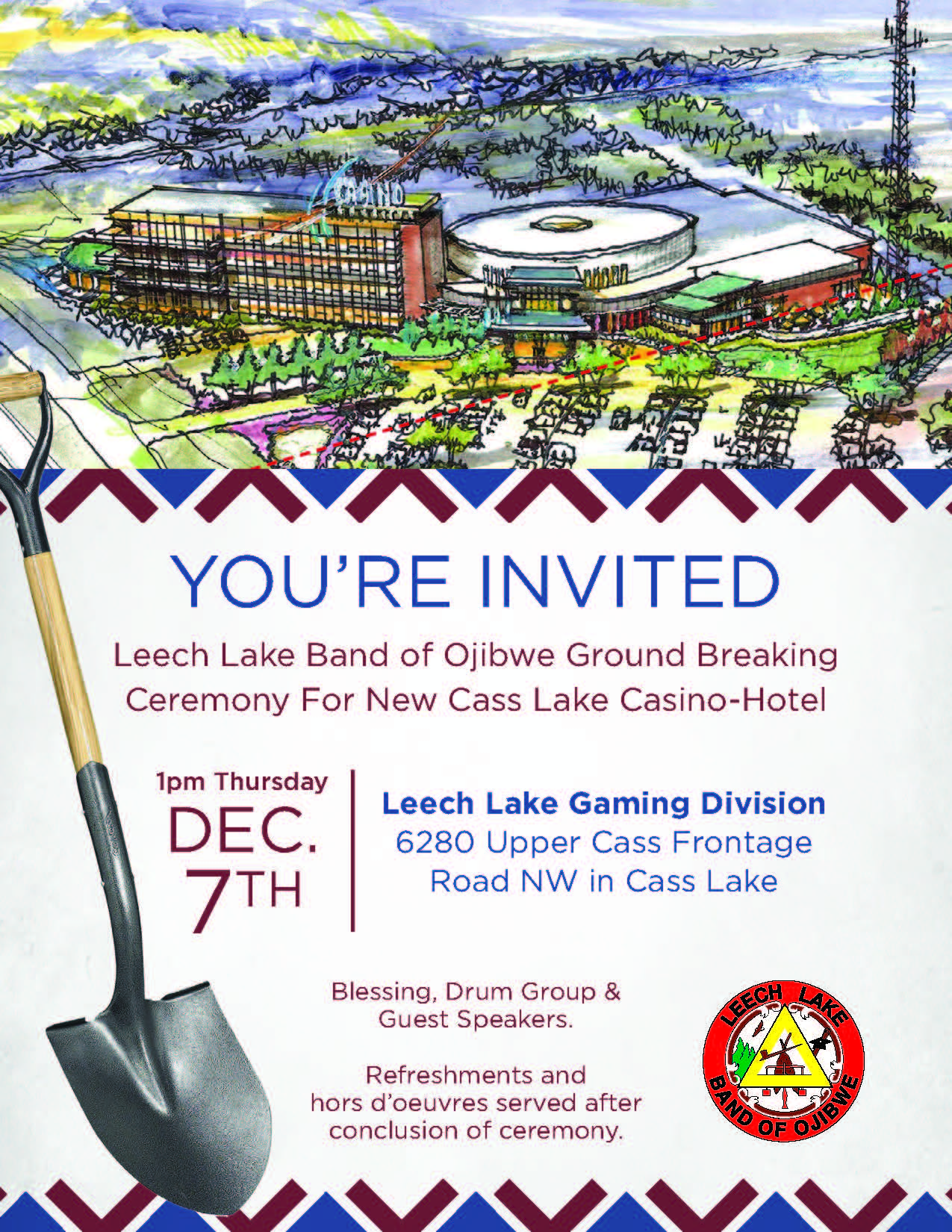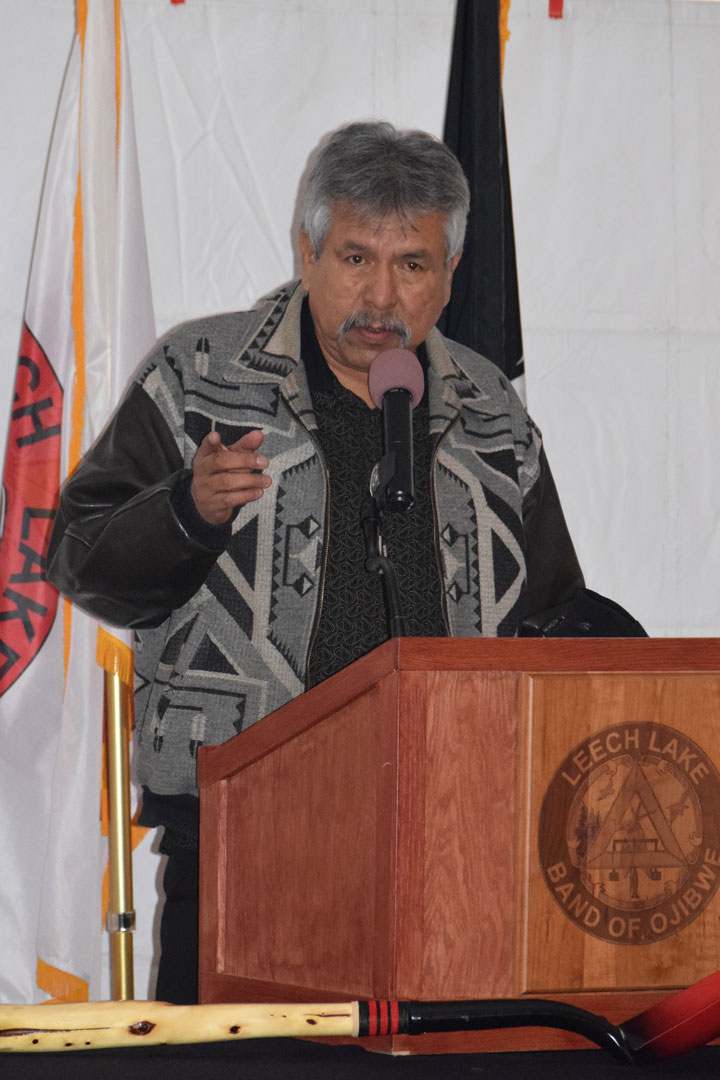

They wanted a way to provide "not just food in a box, not just food in a can, but getting real food for our communities," he said. Several years ago, Fairbanks said, band members began discussing whether to open their own grocery store. LeRoy Fairbanks, the Leech Lake Band of Ojibwe’s District 3 representative, is looking forward to providing healthy food to the community at Leech Lake Market. "It was terrible food and we had to survive." Provided The commodities were "really bad food" designed less for quality than for long shelf life, Fairbanks said. But when reservations were created and boundaries negotiated with the federal government, "We negotiated to stick to this one block." Unable to follow their wider-ranging food-gathering traditions, the Native Americans depended on federal government food programs for low-income people, primarily monthly commodity distributions. "We used to roam the neighborhood, and the neighborhood consisted of multiple blocks," Fairbanks said. As seasons changed, he said, his ancestors ate wild rice, venison, berries and cultivated food. "We moved as the seasons went," said Fairbanks, the Leech Lake Band's District 3 representative. No, Fairbanks' story begins more than 100 years ago, before white settlers arrived and the Ojibwe occupied a large swath of northern Minnesota.
Leech lake gaming how to#
Not just a few years ago, when the band began talking about how to get its own local grocery store. When LeRoy Fairbanks explains why the Leech Lake Band of Ojibwe bought the former Teal's Market in Cass Lake, Minn., in October, the story starts in the past.


The former Teal's Market, a fixture in Cass Lake for 80 years, is now called Leech Lake Market. Leech Lake Band of Ojibwe buys local market


 0 kommentar(er)
0 kommentar(er)
